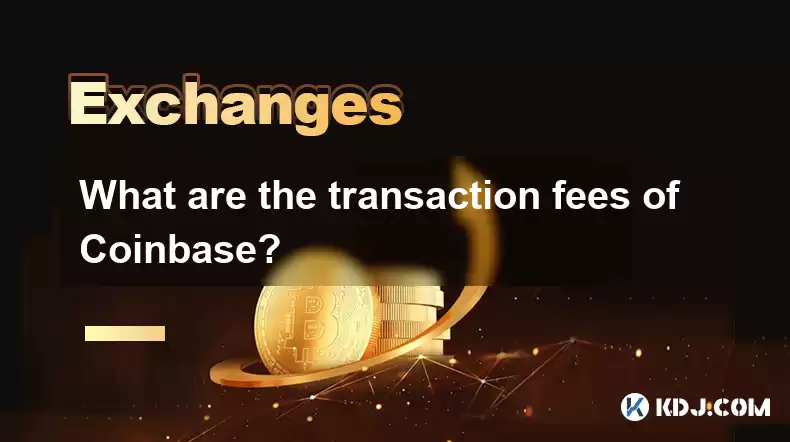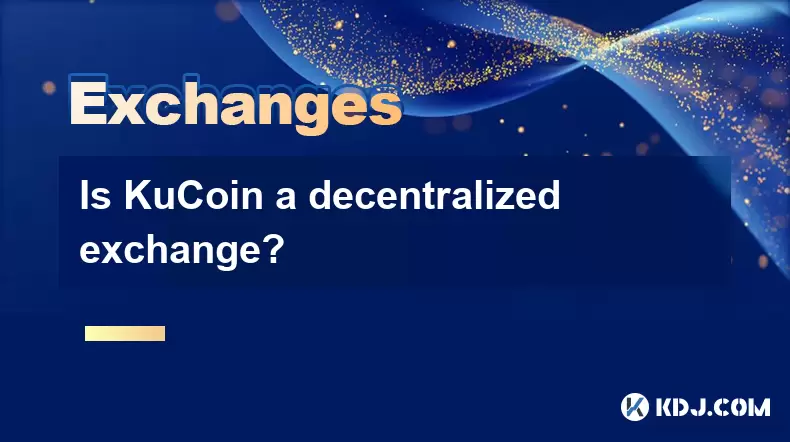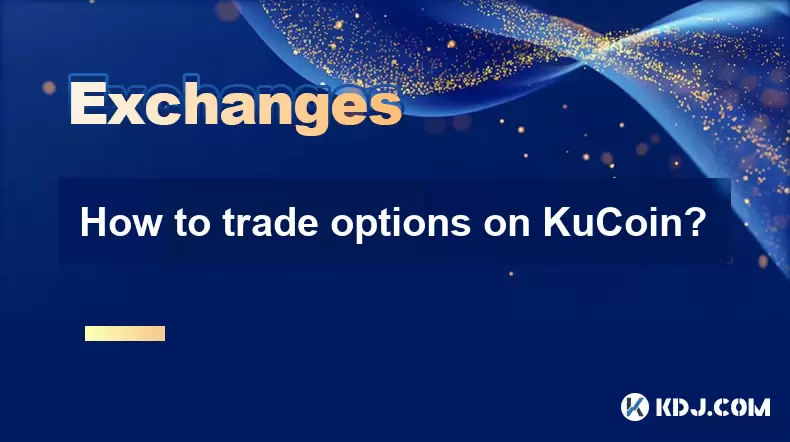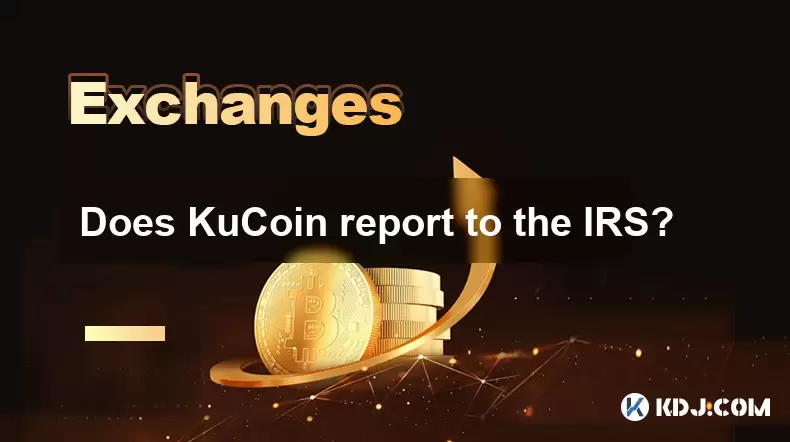-
 Bitcoin
Bitcoin $119800
1.38% -
 Ethereum
Ethereum $3873
3.25% -
 XRP
XRP $3.247
1.85% -
 Tether USDt
Tether USDt $1.001
0.02% -
 BNB
BNB $840.4
5.94% -
 Solana
Solana $190.0
2.55% -
 USDC
USDC $1.000
0.03% -
 Dogecoin
Dogecoin $0.2433
2.69% -
 TRON
TRON $0.3197
-0.05% -
 Cardano
Cardano $0.8367
1.39% -
 Sui
Sui $4.327
3.11% -
 Hyperliquid
Hyperliquid $44.00
0.31% -
 Stellar
Stellar $0.4461
1.76% -
 Chainlink
Chainlink $19.25
4.61% -
 Hedera
Hedera $0.2941
3.90% -
 Bitcoin Cash
Bitcoin Cash $598.4
6.89% -
 Avalanche
Avalanche $26.19
4.67% -
 Litecoin
Litecoin $115.1
0.50% -
 Shiba Inu
Shiba Inu $0.00001427
1.55% -
 Toncoin
Toncoin $3.379
2.01% -
 UNUS SED LEO
UNUS SED LEO $8.966
-0.16% -
 Ethena USDe
Ethena USDe $1.001
0.02% -
 Uniswap
Uniswap $11.04
4.16% -
 Polkadot
Polkadot $4.239
2.00% -
 Monero
Monero $324.6
0.36% -
 Bitget Token
Bitget Token $4.672
2.46% -
 Pepe
Pepe $0.00001294
2.69% -
 Dai
Dai $0.0000
0.01% -
 Cronos
Cronos $0.1443
2.71% -
 Aave
Aave $302.9
1.98%
What are the transaction fees of Coinbase?
Coinbase charges various fees including trading fees (0.50% for simple transactions), withdrawal fees ($1.49-$10 for BTC), and deposit fees (3.99% for credit cards).
Apr 15, 2025 at 11:15 pm

Coinbase, one of the leading cryptocurrency exchanges in the world, charges various fees for its services. Understanding these fees is crucial for users who want to maximize their investments and minimize costs. In this article, we will delve into the specifics of Coinbase's transaction fees, including trading fees, withdrawal fees, and other charges that users may encounter.
Trading Fees on Coinbase
Coinbase charges fees for trading cryptocurrencies on its platform. These fees vary depending on the type of transaction and the payment method used. For transactions involving buying or selling cryptocurrencies, Coinbase applies a spread fee, which is a percentage above or below the market price.
- Simple Transactions: For simple buy/sell transactions, Coinbase charges a spread fee of around 0.50%. This fee is included in the price displayed to the user, so it might not be immediately apparent.
- Coinbase Pro: For users who utilize Coinbase Pro, the fee structure is different. Coinbase Pro offers a maker-taker fee model, where fees depend on the user's 30-day trading volume. The maker fee, which applies to orders that add liquidity to the order book, can range from 0.00% to 0.50%. The taker fee, which applies to orders that remove liquidity from the order book, can range from 0.04% to 0.50%.
Withdrawal Fees on Coinbase
When withdrawing cryptocurrencies from Coinbase to an external wallet, users are subject to withdrawal fees. These fees vary depending on the cryptocurrency being withdrawn and the blockchain network's current congestion.
- Bitcoin (BTC): The withdrawal fee for Bitcoin typically ranges from $1.49 to $10 per transaction, depending on the network congestion.
- Ethereum (ETH): For Ethereum withdrawals, the fee can be around $0.50 to $5 per transaction.
- Other Cryptocurrencies: Fees for other cryptocurrencies like Litecoin (LTC) or Bitcoin Cash (BCH) are usually lower, often ranging from $0.10 to $1 per transaction.
Deposit Fees on Coinbase
Coinbase does not charge fees for depositing cryptocurrencies into your account. However, if you deposit fiat currency using a bank account or a debit card, you may incur fees from your bank or card issuer. Additionally, if you deposit funds using a credit card, Coinbase charges a fee of around 3.99%.
Coinbase Wallet Fees
The Coinbase Wallet, a separate application from the main Coinbase platform, also has its own fee structure. When sending cryptocurrencies from the Coinbase Wallet to another wallet, users are subject to network fees, which are paid to miners or validators on the blockchain.
- Sending Cryptocurrencies: The fees for sending cryptocurrencies from the Coinbase Wallet are similar to the withdrawal fees on the main Coinbase platform. For example, sending Bitcoin might cost around $1.49 to $10, depending on network conditions.
- Receiving Cryptocurrencies: There are no fees for receiving cryptocurrencies into the Coinbase Wallet.
Other Fees on Coinbase
Apart from trading, withdrawal, and deposit fees, Coinbase may charge other fees for specific services.
- Coinbase Card: If you use the Coinbase Card to spend your cryptocurrencies, there may be fees associated with ATM withdrawals or foreign transaction fees. The ATM withdrawal fee is typically around $2.50, and foreign transaction fees are around 3%.
- Coinbase Custody: For institutional clients using Coinbase Custody, there are various fees for custody services, including setup fees, monthly maintenance fees, and transaction fees. These fees can vary significantly based on the specific services used.
How to Minimize Fees on Coinbase
To minimize fees on Coinbase, users can take several steps:
- Use Coinbase Pro: Trading on Coinbase Pro can significantly reduce trading fees, especially for high-volume traders.
- Choose the Right Payment Method: When depositing funds, using a bank account instead of a credit card can help avoid the higher fees associated with credit card transactions.
- Monitor Network Conditions: When withdrawing cryptocurrencies, choosing times when the network is less congested can result in lower withdrawal fees.
- Consider Coinbase Wallet: Using the Coinbase Wallet for certain transactions can sometimes be more cost-effective than using the main Coinbase platform.
Frequently Asked Questions
Q: Are there any hidden fees on Coinbase?
A: Coinbase is transparent about its fees, but some fees, like the spread fee, are included in the price shown to the user. Always review the total cost of your transaction before confirming.
Q: Can I avoid fees entirely on Coinbase?
A: It is impossible to avoid all fees on Coinbase, as some fees, like network fees for withdrawals, are inherent to the blockchain. However, by using Coinbase Pro and choosing the right payment methods, you can minimize your costs.
Q: Do Coinbase fees change over time?
A: Yes, Coinbase fees can change based on market conditions, network congestion, and other factors. It's important to stay updated on Coinbase's fee schedule.
Q: How can I check the current fees on Coinbase?
A: You can check the current fees on Coinbase by visiting their official website or reviewing the fee section within the Coinbase app.
Disclaimer:info@kdj.com
The information provided is not trading advice. kdj.com does not assume any responsibility for any investments made based on the information provided in this article. Cryptocurrencies are highly volatile and it is highly recommended that you invest with caution after thorough research!
If you believe that the content used on this website infringes your copyright, please contact us immediately (info@kdj.com) and we will delete it promptly.
- Crypto's Next Big Meme: Is MAGACOIN Finance the New DOGE or SHIB?
- 2025-07-28 17:15:12
- Altcoins, Cryptos, and 250x Potential: Catching the Next Wave
- 2025-07-28 17:15:12
- Ethereum ETFs Steal the Show: Bitcoin Disparity and Whale Buys Fuel ETH Rally
- 2025-07-28 17:20:12
- Whale Alert: Solana Dive into Vine Coin – Risky Move or Genius Play?
- 2025-07-28 17:20:12
- ERC-20 Tokens: Still Ruling Ethereum in the 2020s?
- 2025-07-28 17:25:15
- Bitcoin, Ethereum, Lost Forever: A Billion-Dollar Digital Black Hole
- 2025-07-28 14:30:12
Related knowledge

KuCoin mobile app vs desktop
Jul 19,2025 at 08:35am
Overview of KuCoin Mobile App and Desktop PlatformThe KuCoin ecosystem offers both a mobile app and a desktop platform, each designed to cater to diff...

Is KuCoin a decentralized exchange?
Jul 18,2025 at 03:15pm
Understanding Decentralized Exchanges (DEXs)To determine whether KuCoin is a decentralized exchange, it's essential to first understand what defines a...

How to trade options on KuCoin?
Jul 19,2025 at 03:42am
Understanding Options Trading on KuCoinOptions trading on KuCoin allows users to speculate on the future price movements of cryptocurrencies without o...

What are KuCoin trading password rules?
Jul 20,2025 at 07:56am
Understanding the Purpose of a Trading Password on KuCoinOn KuCoin, a trading password serves as an additional layer of security beyond the standard l...

Does KuCoin report to the IRS?
Jul 27,2025 at 05:01am
Understanding the Reporting Obligations of KuCoinCryptocurrency exchanges are increasingly under scrutiny from global tax authorities, and KuCoin is n...

Who is the CEO of KuCoin?
Jul 20,2025 at 09:35am
Background of KuCoinKuCoin is one of the largest cryptocurrency exchanges globally, known for its diverse range of trading pairs and user-friendly int...

KuCoin mobile app vs desktop
Jul 19,2025 at 08:35am
Overview of KuCoin Mobile App and Desktop PlatformThe KuCoin ecosystem offers both a mobile app and a desktop platform, each designed to cater to diff...

Is KuCoin a decentralized exchange?
Jul 18,2025 at 03:15pm
Understanding Decentralized Exchanges (DEXs)To determine whether KuCoin is a decentralized exchange, it's essential to first understand what defines a...

How to trade options on KuCoin?
Jul 19,2025 at 03:42am
Understanding Options Trading on KuCoinOptions trading on KuCoin allows users to speculate on the future price movements of cryptocurrencies without o...

What are KuCoin trading password rules?
Jul 20,2025 at 07:56am
Understanding the Purpose of a Trading Password on KuCoinOn KuCoin, a trading password serves as an additional layer of security beyond the standard l...

Does KuCoin report to the IRS?
Jul 27,2025 at 05:01am
Understanding the Reporting Obligations of KuCoinCryptocurrency exchanges are increasingly under scrutiny from global tax authorities, and KuCoin is n...

Who is the CEO of KuCoin?
Jul 20,2025 at 09:35am
Background of KuCoinKuCoin is one of the largest cryptocurrency exchanges globally, known for its diverse range of trading pairs and user-friendly int...
See all articles

























































































